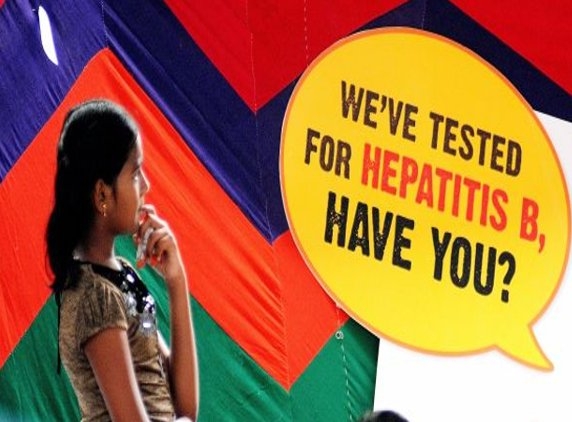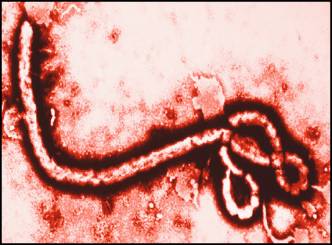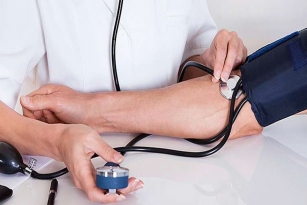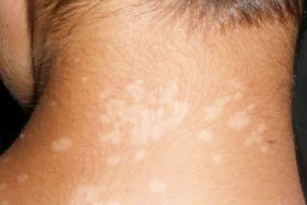
Awareness is key to preventing hepatitis B and C as both are ‘silent’ viruses and could infect a person for years without him knowing about it. If left untreated, both the viruses can lead to liver failure (cirrhosis).
Hepatitis B is a viral infection that attacks the liver and can cause both acute and chronic liver disease. About 25 per cent of adults who become chronically infected during childhood later die of liver cancer or cirrhosis (scarring of the liver leading to liver failure). Hepatitis B is preventable with vaccine.
Hepatitis B virus (HVB) could spread through contact with blood or other body fluids (semen and vaginal fluid) of an infected person, from mother to baby at birth, unsafe injection practices, blood transfusions and sexual contact. However, HBV is not spread by contaminated food or water.
Vaccination:
All newborn babies should be vaccinated against hepatitis B. This is the only way to prevent it. This vaccine protects one throughout life or at least for 20 years. There is no vaccine available globally to prevent hepatitis C.
High-risk people like partners of HBV infected persons and healthcare workers should also be vaccinated.
Like hepatitis B, hepatitis C is also a viral infection that attacks the liver and can cause both acute and chronic liver disease. Following initial infection, approximately 80 per cent of people do not exhibit any symptoms. About 60 to 70 per cent of chronically-infected persons develop chronic liver disease, five to 20 per cent develop cirrhosis, and one to five per cent dies from cirrhosis or liver cancer.
Precautions:
Hepatitis C is spread via contaminated blood through blood-to-blood contact with an infected person or from sharing household items that may have blood on them (even if no blood is visible) such as toothbrushes, razors or scissors. The virus does not spread through breast-milk, food or water or by casual contact such as hugging, kissing and sharing food or drinks with an infected person.
To prevent infection, use sterilised medical and dental equipment, never share syringes or needles, do not share any household items that could have any blood on them, such as toothbrushes, razors or scissors and wear protective gloves if you have to handle somebody’s blood.


























